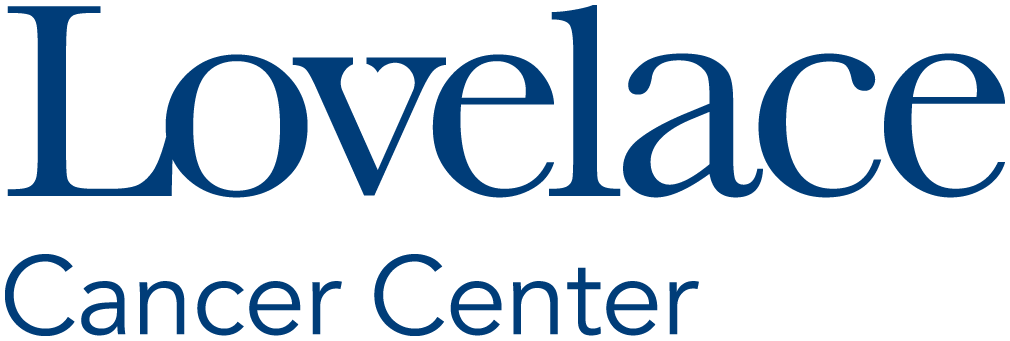Overview
Welcome
Comprehensive breast care in one convenient location.
The Breast Care Center at Lovelace Women’s Hospital is here for you every step of the way – from 3D MAMMOGRAPHY(R) and diagnostic testing to treatment and aftercare of cancer and non cancer-related breast health issues. We are accredited by the National Accreditation Program for Breast Centers for providing the highest level of quality breast care to our patients.
Our experienced breast care support specialists will guide you through mammograms, clinical exams and treatments, and we will teach you the proper method for breast self-exams – so that you are part of the team that is monitoring your ongoing breast health. We also offer patient navigation, education, community resources, and psychosocial and emotional support programs.
Radiology and Diagnostic Testing
Radiology and Diagnostic Testing services include:
- Screening & diagnostic mammography
- 3-D mammography for more accurate exams
- Breast ultrasound
- Breast MRI
- Stereotactic breast biopsy
- Ultrasound breast biopsy
- Bone densitometry
- Use of specialized breast pads for more comfortable mammograms
Treatment
The Breast Care Center at Lovelace Women's Hospital offers various treatment options. Our multidisciplinary team of well-established physicians and experts work together to ensure the best treatment options are presented to our patients.
For more information about any of these treatment options, please call 505-727-6900.
Support
Our team will support you throughout your diagnosis, treatment and aftercare. We are here to be an advocate and connect you to any resources you might need.
For more information or to schedule an appointment, call 505-727-6930.



